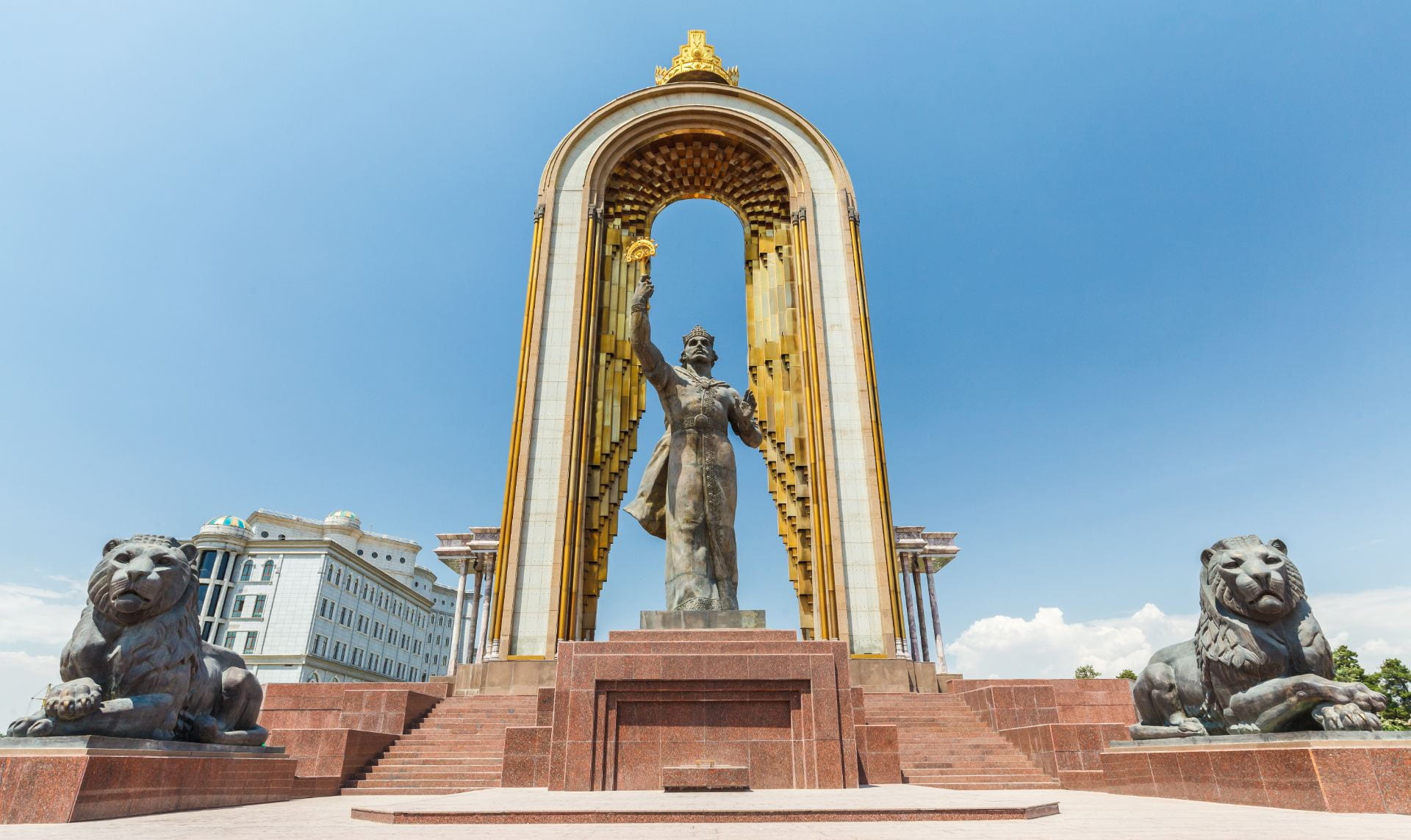Virtual event hosted by Central Asia Program at the Institute for European, Russian, and Eurasian Studies at the George Washington University on September 16, 2020.
The Central Asia Program hosted an online discussion with exiled opposition leader Muhiddin Kabiri, the Chairman of the Islamic Renaissance Party of Tajikistan, explored the country’s current situation and future prospects. Tajikistan faces significant economic, social, and human rights challenges as it gears up for Presidential elections on October 11, 2020 and deals with the impact of the COVID-19 pandemic. Mr. Kabiri’s presentation was followed by a Q&A session.
About Muhiddin Kabiri
Muhiddin Kabiri is a Tajik politician and Chairperson of the Islamic Revival Party of Tajikistan. He is best known for his speeches and interviews on Islam and politics and de-radicalization in Central Asia. He has received awards for his service in the peace process in Tajikistan as a member of the National Reconciliation Commission. In 2013, he was included in “The Muslim 500”, a list of the most influential Muslims in the world by RISSC, Jordan.
He has published more than 10 books and hundreds of articles and interviews on various topics regarding Islam, de-radicalization in Central Asia and Tajikistan, in various languages including Tajik, Russian, English, Persian, and Arabic. Many of his analytical articles have been published in well-known think-tanks and research centers, such as the Central Asia Program at George Washington University and Chatham House.
Moderator Sebastien Peyrouse, PhD, is a research professor at the Central Asia Program in the Institute for European, Russian and Eurasian Studies (George Washington University). His main areas of expertise are political systems in Central Asia, economic and social issues, Islam and religious minorities, and Central Asia’s geopolitical positioning toward China, India and South Asia.

